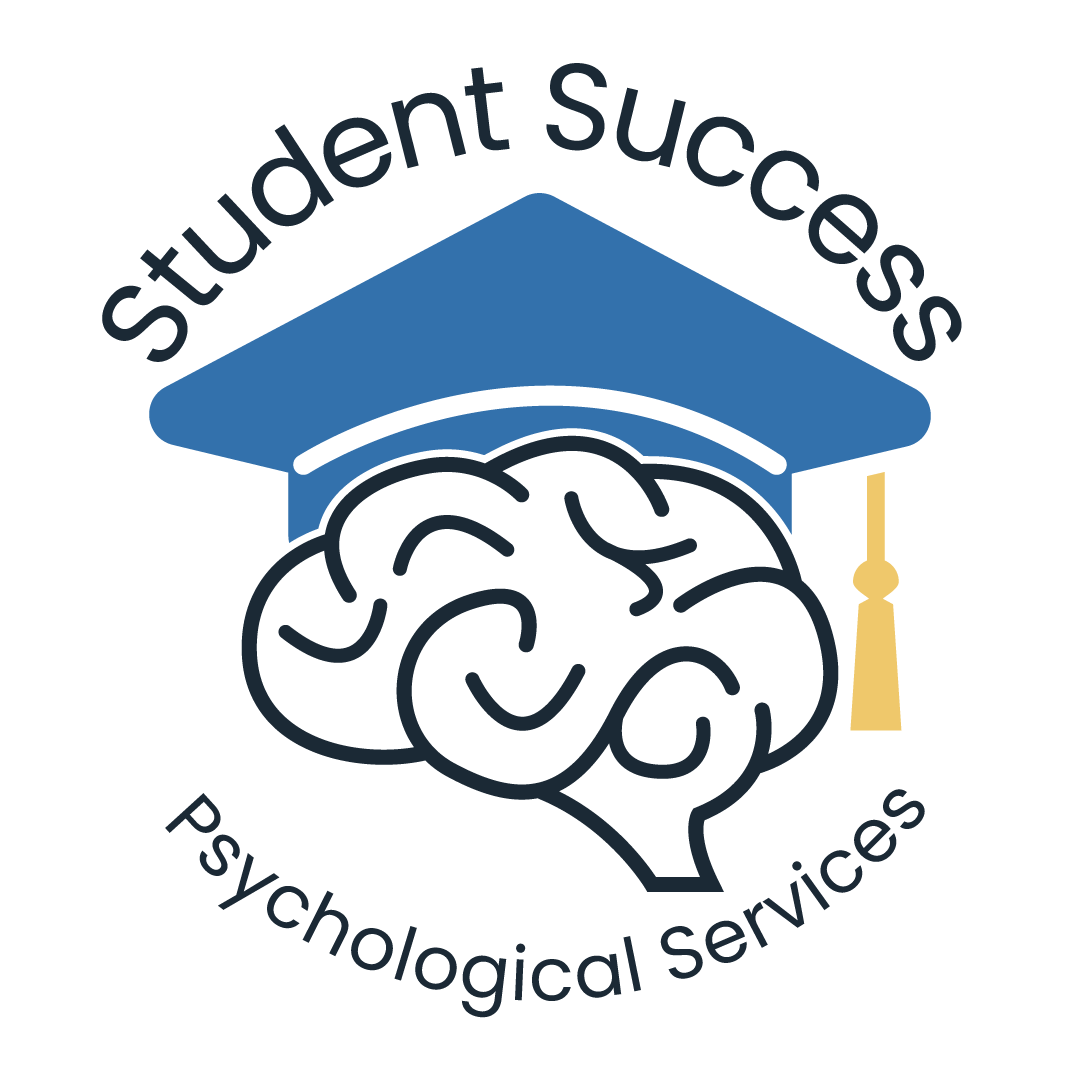Cognitive Behavioral Therapy (CBT) for Teens
According to a study published in the Journal of Anxiety Disorders, not only does Cognitive Behavioral Therapy (CBT) reduce anxiety in adolescents, but it also greatly improves general functioning (i.e., academic, social, and behavioral success) and reduces depression and behavior problems (Kreuze et al., 2018). The authors of the journal article conducted a systematic search of available research articles and analyzed the results of studies focused on CBT with adolescents. They found CBT resulted in a number of positive outcomes for adolescents, particularly when parents were involved in treatment. This article provides further support for the effectiveness of CBT in treating anxiety as well as improving overall functioning and addressing co-occurring symptoms. Given the large number of high school students experiencing anxiety and associated impairments (e.g., poor academic performance, social problems, family conflict), this research has implications for the use of CBT as a tool for promoting student success more broadly.
What is Cognitive-Behavioral Therapy (CBT)?
Cognitive Behavioral Therapy, also known as CBT, is the most commonly used treatment approach for anxiety given the large amount of research indicating its effectiveness in treating anxiety concerns, including social anxiety, generalized anxiety, panic, and phobia. CBT is a structured, collaborative, and goal-oriented type of therapy that focuses on current difficulties and moving forward towards better coping. Although it depends on the length and severity of symptoms, situational stressors, personal goals, and individual progress, CBT typically lasts 10-20 sessions. It focuses on the following:
CBT triangle: Understanding the connection between our thoughts, feelings, and behaviors
Thought record: Monitoring situations, behaviors, body sensations, and automatic thoughts that are associated with feelings of anxiety
Thought challenging: Replacing unhelpful or unrealistic thoughts (also known as thinking traps) with more realistic thoughts
Fear ladder: Creating a hierarchy of anxiety-provoking situations
Exposure: Gradually and repeatedly facing identified fears starting with the least anxiety-provoking
Coping strategies: Learning skills for calming, such as meditation, deep breathing, and progressive muscle relaxation
Self-efficacy: Developing a greater sense of confidence in one’s abilities to overcome challenges
How Parents Can Help High Schoolers Receiving CBT
According to the Kreuze et al., 2018 research article, parental involvement is especially important for creating and sustaining positive changes in the lives of adolescents who receive CBT for anxiety. Parents can help their teens use learned CBT skills in daily life by providing encouragement and support.
Help with “homework”: Practice is important for making progress, and it’s a central component of CBT. Teens are expected to engage in activities (e.g., exposure) and use learned strategies (e.g., thought challenging) in between counseling sessions. Parents can help by providing reminders about completing “homework” and guidance when practicing.
Model CBT skills: Reflect on how your actions and words as a parent contribute to continued anxiety problems in your teen. Show the healthy ways in which you cope with uncomfortable situations and feelings. Talk about the ways in which challenges are normal and can be positive for personal growth. Verbalize your own emotion recognition, thought reframing, and use of calming skills in real time.
Provide positive reinforcement: When your teen is experiencing anxiety, calmly acknowledge and validate their feelings, but encourage them to face their fears using learned CBT skills. After your teen uses a coping strategy or confronts an anxiety-provoking situation, immediately provide behavior specific praise (e.g., “I’m proud of you for going to that basketball game even though you felt really worried about being around so many people. That was really brave.”). Consider developing a home reinforcement schedule in which your teen can earn rewards (e.g., video game time) for demonstrating CBT skills.
Student Success Psychological Services is a specialty practice providing online CBT for high school students experiencing anxiety. Click here to learn more.
Find the link to the full research article here: https://doi.org/10.1016/j.janxdis.2018.10.005
Kreuze, L. J., Pijnenborg, G. H. M., de Jonge, Y. B., & Nauta, M. H. (2018). Cognitive-behavior therapy for children and adolescents with anxiety disorders: A meta-analysis of secondary outcomes. Journal of anxiety disorders, 60, 43-57.

